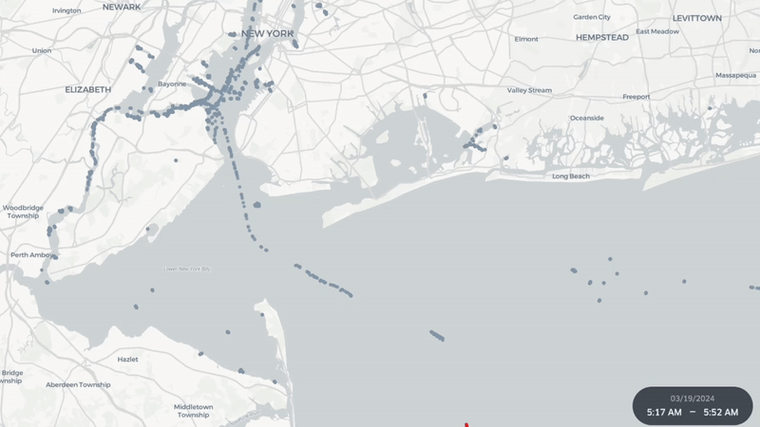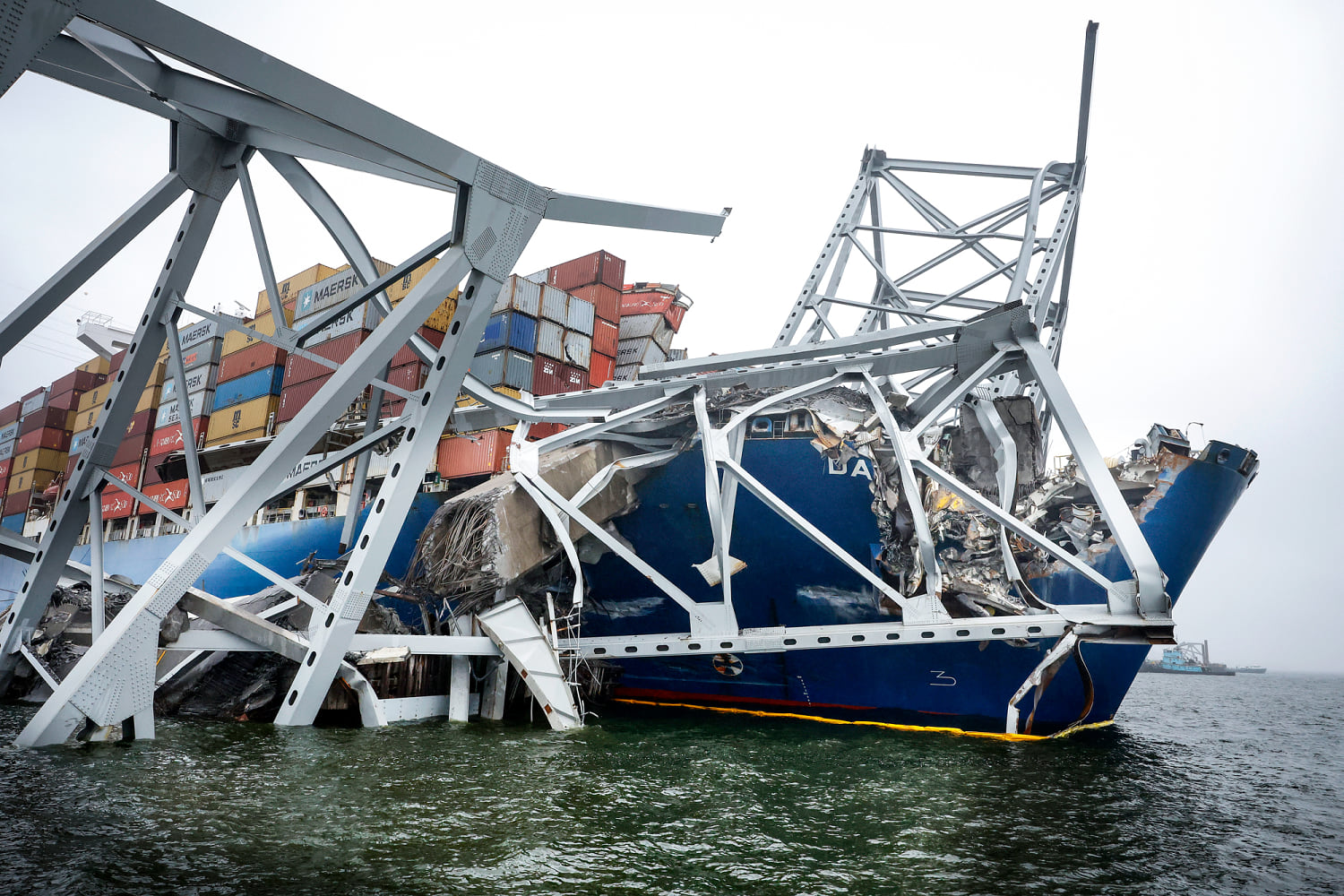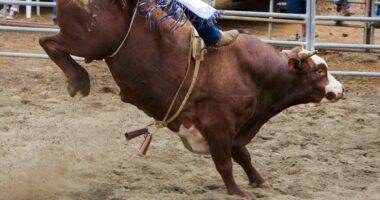Seven days before a container ship slammed into a Baltimore bridge, it received a large load of fuel at a New Jersey berth where testing at the time determined the oil was safe to use, according to the company that delivered the fuel and documents showing the test results.
The load, comprising two types of oil and totaling more than 400,000 gallons, was delivered to the Dali by Centerline Logistics, a Seattle-based company, the documents show.
“There was nothing wrong with the fuel that we delivered to the Dali,” Centerline CEO Matt Godden said in an interview. Centerline was hired by the shipping giant Maersk, which had chartered the Dali.
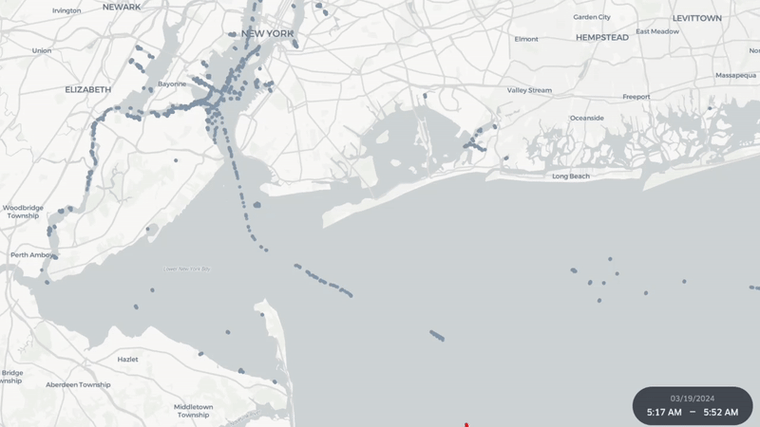
The tests for contaminants are important because fuel is among the areas of interest for investigators trying to determine what caused the March 26 collision, in which the Dali suffered a power failure and veered into the Francis Scott Key Bridge, triggering its collapse. Six road workers were killed.
Fuel contamination is believed to cause power and propulsion failures on scores of ships around the world every year. Investigators have said they planned to sample the Dali’s fuel and test it for contaminants. But experts caution that a number of factors could have caused the power loss, and fuel may not have anything to do with it.
It is not clear whether the Dali was burning the fuel it had received from Centerline at the time of the collision. The ship could have been burning fuel it received elsewhere — data shows that it received fuel in South Korea and China in February — or from another company on the East Coast. NBC News has not seen documents on tests of other fuels.
Godden said Centerline delivered the two types of fuel on March 19: marine gas oil — typically used while navigating at port — and very low sulfur fuel oil — typically used while at sea. Both loads were tested for contaminants twice — once at the terminals where the Centerline barge and tugboat picked up the fuel, and again at the time the fuel was delivered to the Dali, documents show.
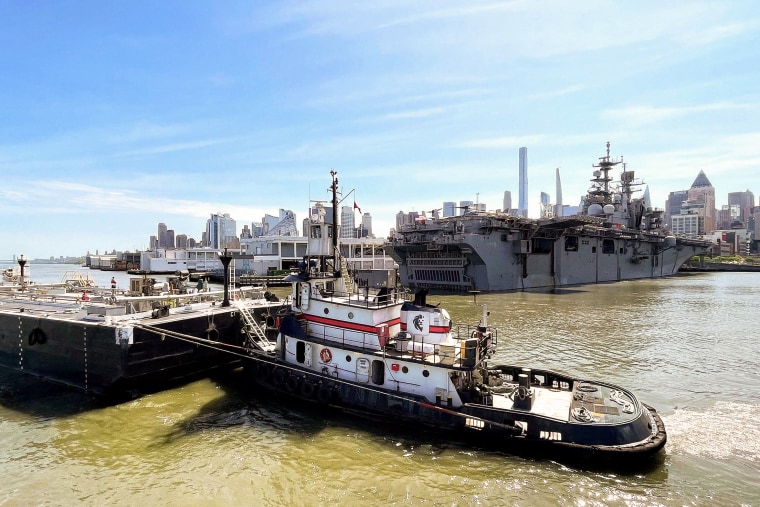
That means if there were an issue with the fuel, it likely would have already been flagged. But the standard tests don’t always catch everything, experts say.
Godden said he was very confident in the tests and that if he saw his Dali fuel results on any other shipment, “we would deliver that fuel all day every day.”
If there had been other contaminants in the fuel, the existing tests would have been thrown out of whack, pointing to a possible problem, Godden said.
NBC News obtained copies of the testing reports for the fuel Centerline delivered to the Dali in New Jersey and shared them with three experts in marine engineering and operations. The experts said the reports indicated it was clean.
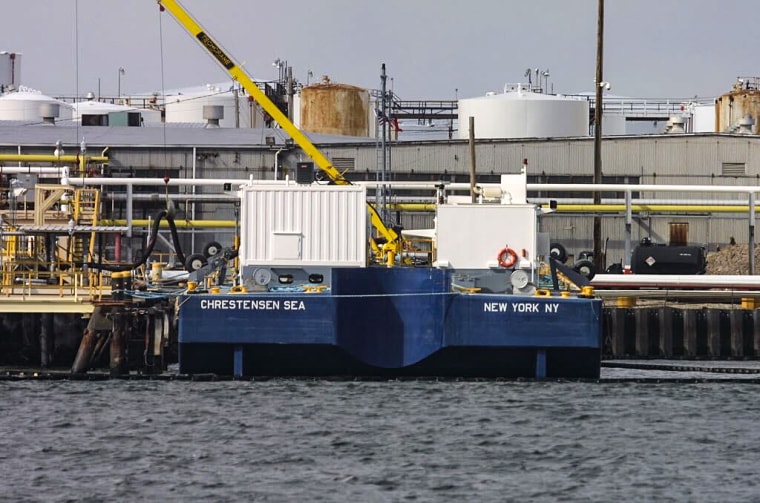
“The test results, as expected, are within spec,” said Thomas Roth-Roffy, a former marine investigator with the National Transportation Safety Board.
“This is very healthy fuel, according to the reports,” echoed Timothy McCoy, a University of Michigan professor who specializes in marine engineering.
He noted that the amount of water and other impurities detected in the fuel — such as calcium and zinc — were all well within the acceptable range.
“Fuel systems on ships are robust and they’re made to handle fuel that comes in with all kinds of gunk in it,” McCoy said.
There have been instances of contaminated fuel causing problems on ships. Last year, contaminated fuel disrupted the engines of 14 vessels on the U.S. Gulf Coast; some lost power.
On the day of the Dali crash, Godden said his company contacted the U.S. Coast Guard to offer samples of the fuel Centerline provided in New Jersey. The Coast Guard said it would get in touch if needed. Centerline hasn’t heard back, Godden said.
The Coast Guard referred questions to the group of agencies investigating the bridge collapse, which said in an email only that “the cause of the collision is currently under investigation.”
NTSB Chair Jennifer Homendy said shortly after the crash that investigators would take a sample of the Dali’s fuel and test it for contaminants.
The NTSB said in an emailed statement this week that it “has not ruled out any facts regarding the ongoing investigation” and declined to comment further.
A Maersk spokesman declined to comment on the Dali’s fueling. “While we neither own nor operated the M/V Dali, we are closely following the investigations conducted by authorities and the vessel operator as well as conducting our own investigation,” the spokesman, Kevin Doell, said in an email.
McCoy said he’s very interested to find out the results of the NTSB’s probe into what caused the Dali’s systems failure.
“As in a plane crash,” McCoy said, “when the report is written by the NTSB, typically there is a series of events that led up to it and there is not one single thing.”
Source: | This article originally belongs to Nbcnews.com
